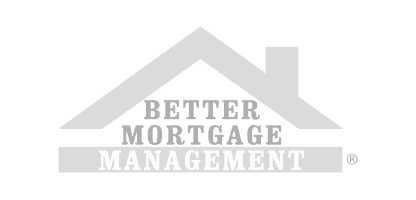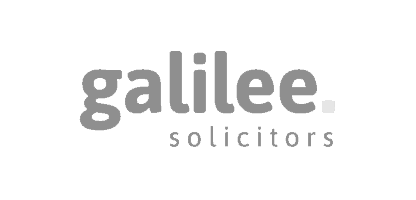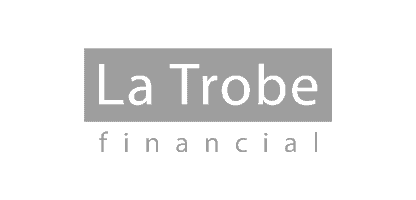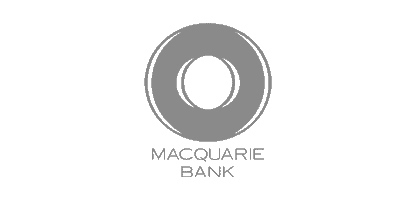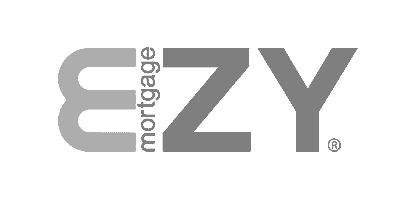The Mortgage Agency
The Mortgage Agency: Guarantor Loans
Are you looking to enter the property market and become a homeowner? If your financial circumstances aren’t ideal, there are ways you can better your chances of having a home loan approved, such as having someone act as a guarantor.
Whether you have bad credit or don’t quite have the borrowing power with your bank to attain the necessary funds for a home loan, you may still qualify for a guarantor loan. As mortgage specialists in guarantor loans, we can help you acquire your first home, even if you don’t have enough money for a deposit.
Are you considering a guarantor home loan but want more information? Contact the Mortgage Agency’s guarantor loan lenders, and we’ll schedule an appointment to discuss the process. As home loan specialists, our mortgage brokers can help you assess the right option for your needs and financial situation.
How A Guarantor Home Loan Works
When you apply for a home loan, lenders base your eligibility on your credit score and history, income, debts, age, deposit and how much you want to borrow. This is to determine your affordability and whether you can service your loan. If you cannot meet one or more of your criteria, such as the deposit requirements, you may be able to apply for a guarantor loan. While it might be appealing to look at options such as payday loans or taking out a credit card, these often come with higher interest rates and fees. A guarantor loan can be a more sustainable solution.
A guarantor loan can be backed by a close member of your immediate family willing to offer their property as collateral against the loan and assume financial responsibility should you fail to repay the loan. This family guarantee gives lenders more peace of mind because they can access additional security on your loan if necessary.
The guarantor has to prove to your lender that they have sufficient equity within their property to be used as a security guarantee. Your guarantor doesn’t have to give any cash upfront — money doesn’t change hands in a guarantee. Instead, the guarantor offers up a portion of their home’s equity to make up the balance of your house deposit.
The rules for lenders can sometimes vary in their requirements surrounding guarantor home loans. When you enlist the support of our mortgage brokers, we’ll liaise with your lender of choice and explain the ins and outs before you go ahead and ask someone to guarantee your loan.
Before you consider obtaining a security guarantee from members of your immediate family, both you and your guarantor should carefully consider the ramifications of defaulting.
Benefits Of Guarantor Loans
While guarantor loans can be risky for both the loanee and the guarantor, there are several benefits to acquiring one.
Avoiding Mortgage Lender Insurance
Lenders will take out the lender’s mortgage insurance to insure itself against potential losses if the guarantor and loanee default on the loan. To avoid incurring the extra cost of lender’s mortgage insurance, you can save the full percentage required for a deposit.
Most homeowners who save the amount required for a home deposit could save tens of thousands of dollars by avoiding lender’s mortgage insurance.
Faster Entry Into The Property Market
We understand that saving for a home deposit can be challenging. Between rent, car payments, food, and other costs of living, it can seem impossible to save for a first home deposit. However, a guarantor can help with financing your deposit or the cost of the mortgage entirely.
By asking your immediate family (with good credit) to put up the collateral for the home loan, you’ll be able to enter the property market faster and start building up your credit score or restoring a bad credit rating.
Flexibility In Borrowing
By using a loan guarantor, you expand your borrowing options. If your guarantor agrees, you can borrow the entire purchase price of your new home, plus stamp duty. However, this is less common, as guarantors aren’t always willing to put up such a large amount of collateral upfront.

Who Can Be A Guarantor?
There are a few requirements that must be met before any bank or mortgage broker will even consider a guarantor’s application to be on your home loan.
- You can’t just choose anyone to be a loan guarantor. They will usually be members of your immediate family.
- The guarantor must have sufficient equity in their property to cover the loan in case you fail to pay the loan.
- The guarantor must have a good credit history.
- Some lenders may want to see that the guarantor has a stable job.
Family members willing to act as guarantors will generally have to be homeowners. This is because the equity in your guarantor’s property forms additional security against the loan. One’s home equity is calculated by subtracting the amount owing on the mortgage of their home from the current property value.
If you are in default of your home loan, your lender will ask the guarantor to pay the loan on your behalf. They can also use enforcement measures if the loan remains unpaid, for example, if your home loan guarantor suddenly cannot pay the loan on your behalf.
Both parties to any home loan guarantor arrangement must seek independent legal and financial advice before entering into any. Most lenders will insist that both parties take legal and financial advice before approving any loans.
As we work closely with financial planners and lawyers, we can provide you with the right people to guide you. The Mortgage Agency believes in a holistic approach to achieving the best results.
Related: A Guide To Guarantor Loan Requirements In Australia
The Guarantor Loan Process
Obtaining a guarantor loan is a process. Before a lender will approve a loan, there are a few steps.
Initial Consultation
During the initial consultation, the home loan funds will be discussed, as well as whether the home loan guarantor meets the basic requirements before a deeper assessment takes place.
Guarantor Assessment
Provided the initial consultation goes well, your lender will do a deep dive into your guarantor’s financial situation, ensuring that they have the necessary finances to pay the loan in case you are unable. This can include a credit check, an employment history check, and an assessment of the equity in the guarantor’s property.
Loan Application And Approval
Once the guarantor assessment has been completed, you can then make a loan application to your lender. They will review the application to ensure all of the information provided is correct by checking it against their records and research. If all of the paperwork checks out, the lender approves the loan.
Guarantor release
Following the payment of the loan and the building of equity with your property, the guarantor can ask to be released from their liability as a guarantor. This is typically when your loan becomes 80% of the value of the property.
How The Mortgage Agency can help
If you’re considering using a loan guarantor due to bad credit or have been in financial hardship and are struggling to save the necessary monies to put down a deposit, contact one of our mortgage brokers. We’ll help you through the entire process.
Our guarantor loan lenders will meet with you and the family member who’s agreed to be a guarantor to explain everything to ensure that both parties understand the process and what’s involved in obtaining a loan using a guarantor. A guarantor is a great way to secure your first home loan. However, the financial commitments involved must be clearly understood.
As the loanee, you must understand that the guarantor can request to be released from the guarantee at any time. You must make your loan payments on time to avoid financial difficulties and souring that familial relationship. You can make additional repayments on your loan to increase your home’s equity. Guarantors generally request a release when the loan becomes 80% of the valuation.
Not sure why should you use a mortgage broker? As guarantor loan lenders and mortgage specialists, the Mortgage Agency is committed to working in the best interests of the home loan guarantor and the loanee, ensuring each gets salient, sound financial advice. We get to know our clients and believe that the personal approach is the best way to guide you through this exciting and (at times) daunting time.
Whether you’re interested in acquiring a home loan but need a guarantor or just want more information, our specialists are on hand to answer any questions you may have. We can also help if you’re interested in loan refinancing and want to release your guarantor from liability; we can help!
Frequently Asked Questions
You can usually secure a loan without a 20% deposit if you have a guarantor. In other words, you don’t need a deposit if you have a loan guarantor. Rather than giving a deposit, the lender secures 20% of your loan against your parent’s property, and the remaining 80% is secured against your own home.
As mortgage brokers, we understand the importance of protecting the best interests of your guarantor and you as the loanee. We won’t recommend that a guarantor co-sign a home loan if the loanee doesn’t have the necessary financial stability to repay the loan. We work for both parties in any loan guarantor agreement.
There isn’t a set credit score that a guarantor needs to have to qualify for a loan. However, the better the credit score of the guarantor, the more likely they are to be approved as part of your application.
No, usually, the home loan guarantor will only secure 20% of the entire loan amount. The guarantor is only there in place of a deposit and is only responsible for that amount. They will need to provide proof that they can cover the amount of the deposit during their initial consultation and financial assessments thereafter.
Typically, the home loan guarantor will stay on your home loan until you have built up enough equity in your home to release the guarantor from their obligations. This is typically between a 2 and 5 year period, although it could be longer, depending on the housing market and your house price. There is no hard-and-fast rule regarding how long the guarantor must stay on your home loan.
You generally must apply for loan refinancing to remove the loan, thereby removing the guarantor. The optimal time to refinance your loan is when the loan-to-value ratio (LVR) is less than 80% or when you’re willing to incur the cost of a loan mortgage insurance. You can read more in our guide about when guarantors can be released from a home loan.









